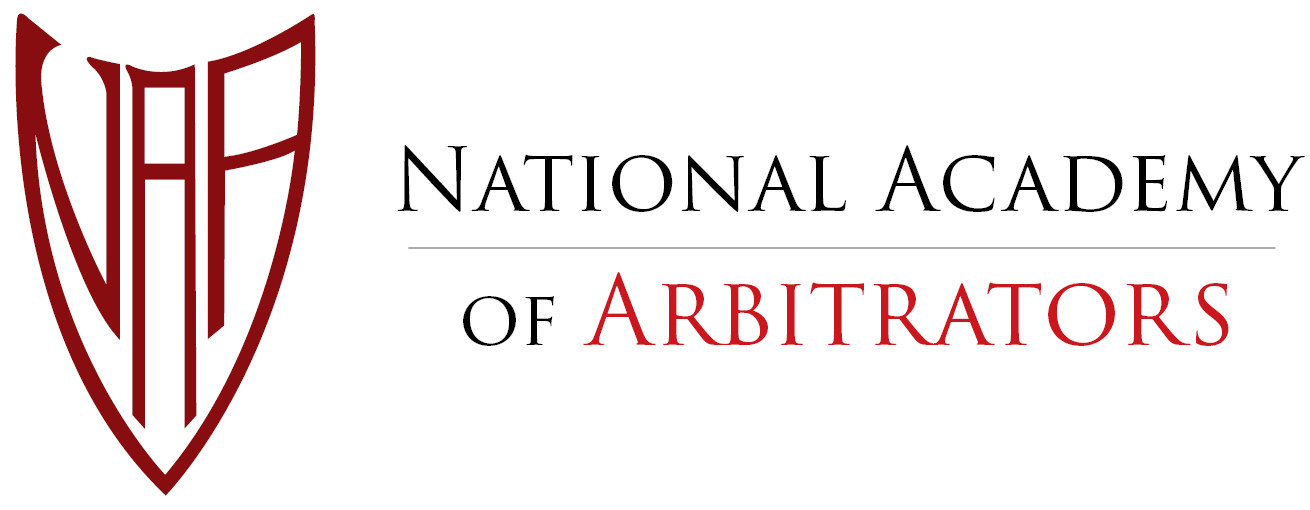Published on
Updated on
In Alberta and other Canadian provinces, hospitals are considered to be essential services. Therefore nurses do not have the right to strike. However, they do have the right to collective bargaining. When an impasse occurs in negotiations, it can be resolved by way of Interest arbitration. Interest arbitration is available to others beyond just essential services, and not just those in the public sector. Some of the non-essential service collective agreements in the public sector also have a wage re-opener.
Recently, the United Nurses of Alberta and the Alberta Health Services along with other public sector employers were scheduled to commence a “wage reopener” hearing before an Interest Arbitrator. This process would affect over 30,000 nurses. The parties had agreed that the arbitration would take place before the end of June. However, it has been reported that the Employers’ representative made an application to adjourn the scheduled arbitration hearing sine die because the Employers had been given instructions by the newly elected Conservative government to seek to “put the arbitration on hold”, reportedly for the purpose of permitting the Government to “engage in consultation” with various public sector employers and unions. The Arbitrator granted an adjournment but to specified dates in early July. As is common in such situations, no written reasons were issued for the ruling.
Following this, the United Nurses of Alberta applied to the Labour Relations Board to quash the Arbitrator’s ruling granting the adjournment and to appoint a different Arbitrator who would be able to hear the arbitration within the identified time frame. In addition, the Union filed complaints of bargaining in bad faith against the Employer, alleging that the government, rather than the employers are making the critical decisions during bargaining. The Board has granted an expedited hearing into the Union’s application.
This could end up to be an important case. It is unusual for any tribunal or court to interfere with a procedural or interim ruling before a case is completed. However, the questions about bargaining rights and responsibilities in the public sector are critically significant. Where the government controls funding and yet the collective agreement is between a union and an independent public sector employer, the lines of bargaining responsibility are being tested. This is a case to watch.
